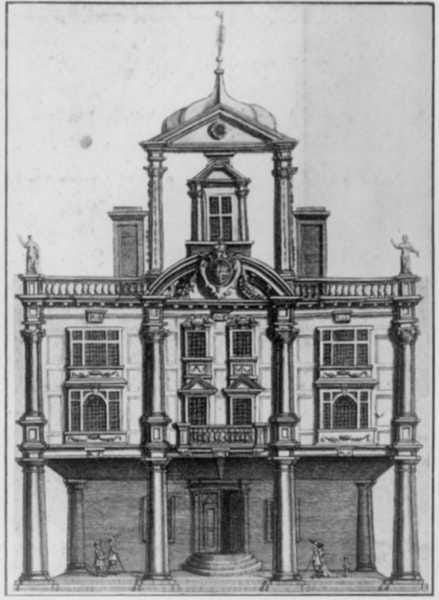
Thomas Otway (1652–1685), whose March 3 birthday we belatedly note, did not exactly flourish in the Restoration period. That is, the theater, his chief artistic medium, did flourish in the Restoration period. Otway, a vicar’s son unattracted by the prospect of holy order, thought that since the theater was flourishing, he might flourish in it. Following a single abysmal, stage-fright-crippled turn as an actor, he turned his hand to playwriting. And he did, in fact, write a few plays that flourished. As a measure, consider this: His 1680 play, The History and Fall of Caius Marius outperformed Romeo and Juliet, not only in the year of its debut at the Dorset Garden Theatre in London, but for most of the next century. Two other plays, The Orphan and Venice Preserv’d, remained in consistent production into the nineteenth century before fading into obscurity.
Keep reading with a 7-day free trial
Subscribe to Poems Ancient and Modern to keep reading this post and get 7 days of free access to the full post archives.



